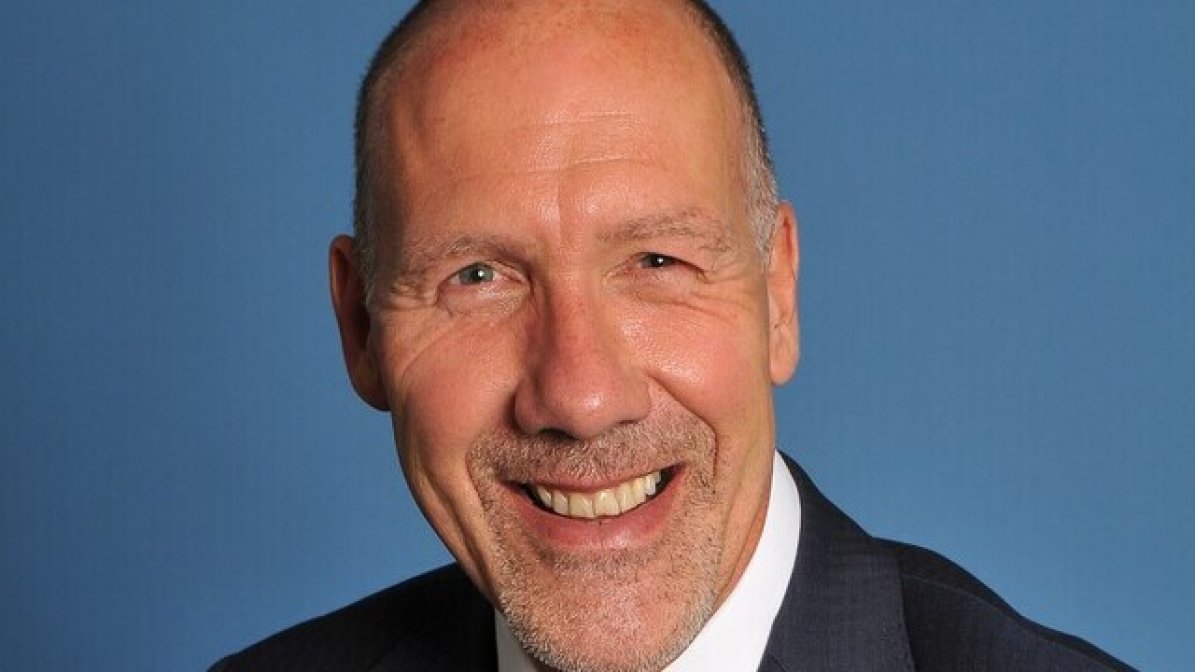
Geoff Barton
General Secretary, The Association of School and College Leaders (ASCL)
Geoff Barton is General Secretary of the Association of School and College Leaders, a trade union representing more than 22,000 educational leaders from all types of schools & colleges across the United Kingdom. Prior to this, for fifteen years he was headteacher at King Edward VI School in Suffolk, an 11-18 comprehensive school of 1600 students.
Geoff attended Walton High School, a comprehensive school in Stafford (1974-81); read English and Linguistics at Lancaster University (1981-84); then trained as a teacher at Leicester University (1984-5). He has taught in Leeds, York, and Suffolk.
Geoff has written and edited more than 100 books on literature, grammar and literacy. He is a writer for many publications, and a regular commentator in the media on educational matters. He is patron of the English & Media Centre, a Founding Fellow of the English Association, and a trustee of the Pearson National Teaching Awards, which celebrates the work of teachers and other staff working in education.
He tweets as @RealGeoffBarton.